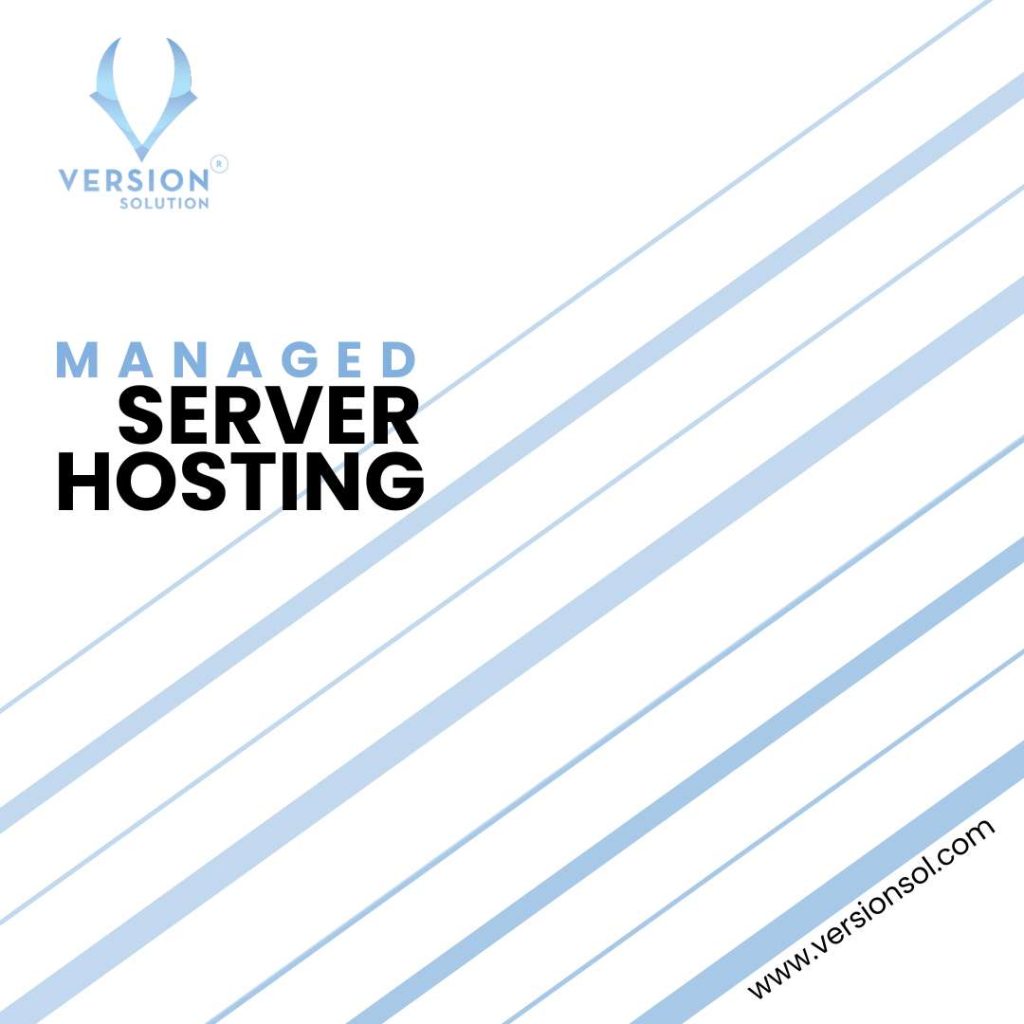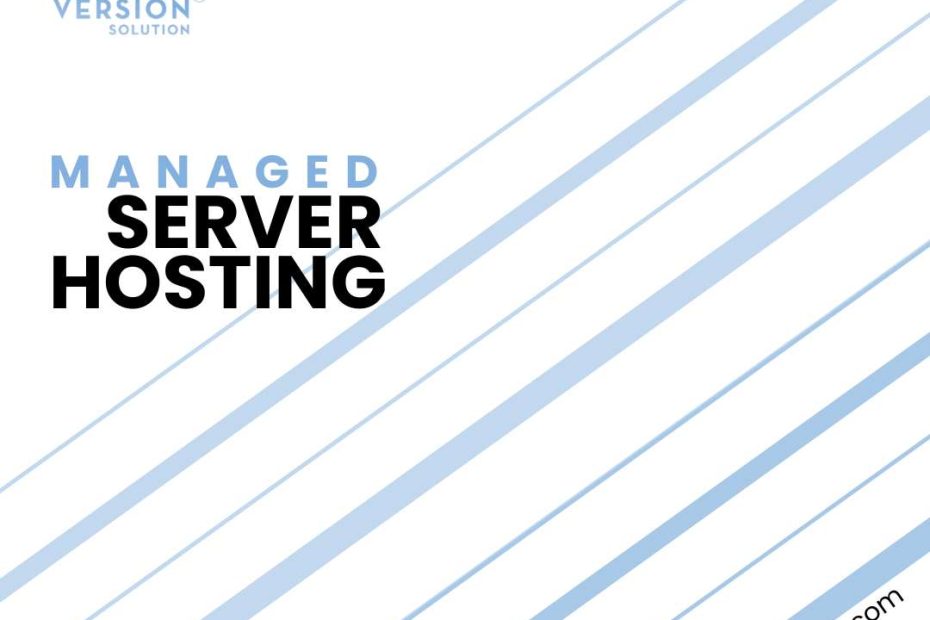We understand the importance of reliable web hosting for businesses. Managed hosting plays a crucial role in ensuring seamless website performance, security, and scalability. In this post, we delve into the world of managed hosting, exploring its benefits, key features, and how it differs from other hosting options. Whether you’re a small business owner or an enterprise-level organization, understanding the nuances of hosting can empower you to make informed decisions that align with your specific needs and goals.
Understanding Managed Hosting and Its Benefits
Enhanced Security
When we choose managed hosting, our hosting provider takes responsibility for implementing security measures to safeguard our website from potential threats. This includes regularly updating security protocols, configuring firewalls, and monitoring for any suspicious activities. Managed hosting providers also offer advanced security features like DDoS protection and malware scanning to ensure the safety of our website against cyber attacks. With such high-level protection in place, we can have peace of mind knowing that our online presence is well-secured.
Expert Support
One of the significant benefits of managed server hosting is the access to expert support. The provider’s team consists of professionals who are well-versed in managing servers and resolving technical issues promptly. Whether it’s troubleshooting a performance issue or assisting with software installations, having knowledgeable support at our disposal can save us time and effort.
Moreover, with good hosting, we don’t need to worry about server maintenance tasks like software updates or hardware upgrades. The provider handles these responsibilities efficiently, allowing us to focus on running our website without being burdened by technical intricacies.

Key Features of Managed Hosting Services
Service Offerings
The service offerings are comprehensive. They typically include server setup and maintenance, security patches, regular backups, and 24/7 technical support. These services provide peace of mind as we can rely on experts to handle the backend infrastructure.
Managed hosting also often includes proactive monitoring to detect and address issues before they affect our website’s performance. This ensures that our online presence remains stable and responsive at all times. Some providers offer managed database services, further relieving us from the burden of database management tasks.
Features
The features of managed hosting are designed to streamline website management. For instance, automatic updates for software and applications help keep everything running smoothly without requiring our constant attention. Moreover, robust security measures such as firewalls and malware scanning protect our data from cyber threats.
Another key feature is scalability, allowing us to effortlessly adjust resources based on fluctuating traffic demands. This flexibility ensures that our website can accommodate surges in visitors without experiencing slowdowns or downtime.
Choosing the Right Hosting Provider
Types of Hosting Options
When choosing a managed hosting provider, it’s essential to consider the various hosting options available. These options include shared hosting, VPS (Virtual Private Server) hosting, dedicated server hosting, and cloud hosting. Each option has its advantages and is suitable for different customer needs. For example, shared hosting is cost-effective but may not provide the same level of control as dedicated server hosting.
It’s important to assess our specific requirements before making a decision. If we require more control over our environment and resources, a single-tenant or dedicated server solution might be the best fit for us. On the other hand, if scalability and flexibility are crucial factors for us, then cloud hosting could be an ideal choice.
Consideration of Tenant Isolation
Another critical aspect when selecting a hosting provider is tenant isolation. We need to ensure that our data and applications are securely isolated from other tenants in a multi-tenant environment. This ensures that our resources are not impacted by activities or issues related to other users sharing the same infrastructure.
When evaluating potential providers, we should inquire about their approach to tenant isolation and how they safeguard the privacy and security of each customer‘s data.
Managed Hosting versus Colocation Explained
Benefits of Managed Hosting
The key advantage is that the provider takes care of all the hardware, software, and networking needs. This means we don’t have to worry about purchasing and maintaining our own servers or hiring IT staff to manage them. With managed hosting, everything from server setup and configuration to security updates and backups is handled by the hosting provider. This allows us to focus on our core business activities without being bogged down by technical details.
Another benefit of managed hosting is scalability. As our website or application grows, we can easily upgrade our resources such as CPU, RAM, storage, and bandwidth without having to invest in new hardware or infrastructure. The hosting provider can quickly adjust resources based on our changing needs, ensuring optimal performance at all times.
Drawbacks of Managed Hosting
While managed hosting offers convenience and scalability, it may come with a higher cost compared to colocation services where we provide our own hardware but utilize the data center’s infrastructure. Some businesses may feel limited by not having direct control over their physical servers in a green environment.
The Advantages of Managed Cloud Hosting
Enhanced Security
Security is a top priority. With dedicated teams constantly monitoring for potential threats and implementing the latest security measures, our data is well-protected. This means we can focus on our business without worrying about cyber attacks or data breaches.
Managed hosting providers also ensure that regular backups are performed, minimizing the risk of data loss in case of unexpected events. For example, if we accidentally delete important files, the provider can quickly restore them from the backup, preventing any significant disruption to our operations.
Expert Support and Maintenance
One of the key benefits of managed cloud hosting is having access to a team of experts who are proficient in maintaining and optimizing server performance. Whenever we encounter technical issues or need to scale resources, we can rely on their expertise for quick resolution and guidance.
Routine maintenance tasks such as software updates, patch management, and hardware upgrades are handled by the provider. This proactive approach ensures that our infrastructure remains up-to-date and operates at peak efficiency without us needing to allocate time or resources towards these tasks.
Enhancing Performance with Managed Server Hosting
Improved Performance
We experience enhanced performance due to the utilization of bare metal servers. These physical servers provide dedicated resources, ensuring optimal performance for our website and applications. With constant monitoring and maintenance by the hosting provider, our site’s uptime is maximized, delivering a seamless experience to our customers.
The management of operating systems and regular updates further contributes to improved performance. This ensures that our website runs efficiently without any compatibility issues or security vulnerabilities. As a result, our company can deliver products and services consistently without interruptions.
Enhanced Flexibility
With managed server hosting, we enjoy increased flexibility in managing our applications and storage needs. The service offers customizable solutions tailored to our specific requirements, allowing us to scale resources as needed. This enables us to adapt to fluctuating demands based on customer traffic or new product launches seamlessly.
Moreover, the vendor takes care of all hardware equipment within their data center, relieving us from concerns about equipment maintenance or upgrades. This level of flexibility allows us to focus on enhancing our products while leaving the infrastructure management in capable hands.
Optimizing Network Security in Managed Hosting
Importance of Security
Ensuring robust security measures is critical. We prioritize the protection of our data and network infrastructure. we can implement advanced security protocols that safeguard against potential cyber threats with efiicient hosting.
We entrust the responsibility of maintaining a secure network to experienced professionals who specialize in security. This allows us to focus on our core business activities without worrying about the complexities of network protection. With dedicated teams constantly monitoring for vulnerabilities and implementing necessary updates, we can mitigate risks effectively.
Enhancing Network Protection
In managed hosting, emphasis is placed on fortifying the entire network architecture. From firewalls to intrusion detection systems, every aspect is meticulously designed to repel unauthorized access attempts and potential breaches. Regular security audits are conducted to identify and address any weaknesses within the system.
- Implementation of robust firewalls
- Continuous monitoring for suspicious activities
- Regular security audits ensure comprehensive protection
Impact of Managed Hosting on Website’s Bottom Line
The impact on a website’s bottom line can be significant. By leveraging hosting services, businesses can experience reduced costs and improved performance, directly influencing their bottom line.
One of the key advantages of managed hosting is its ability to lower operational costs for small businesses. With a hosting provider handling infrastructure maintenance and management, businesses can avoid the expenses associated with maintaining an in-house IT team or investing in costly hardware and software. This cost reduction allows businesses to allocate resources towards other critical areas such as marketing, product development, or customer service.
Moreover, by ensuring that websites are consistently available and responsive, managed hosting contributes to enhanced user experience. This improved performance can lead to increased visitor retention rates, higher conversion rates, and ultimately greater revenue generation for online businesses. For instance, e-commerce websites that rely on hosting often benefit from faster page loading times and secure transaction processing systems which contribute positively to their bottom line.
Closing Thoughts
As we conclude our exploration of managed hosting, it’s clear that the benefits are substantial. From enhanced performance and network security to the positive impact on a website’s bottom line, managed hosting offers a comprehensive solution for businesses seeking reliable and efficient web infrastructure. By understanding the key features and making informed choices when selecting a provider, we can ensure a seamless transition to managed hosting, reaping the rewards of this valuable service.
We encourage you to leverage this knowledge and take proactive steps towards optimizing your web hosting strategy. Whether it’s enhancing performance, fortifying security, or maximizing cost-efficiency, embracing managed hosting can truly elevate your online presence. With the right provider and a thorough understanding of your requirements, the journey to managed hosting can lead to a more resilient and successful digital venture.
Frequently Asked Questions
What is managed hosting?
Managed hosting is a service where the web hosting provider manages the day-to-day operations of hardware, operating systems, and standard applications for their clients. This allows businesses to focus on their core activities while relying on experts to handle the technical aspects of hosting.
What are the key benefits of managed hosting?
Managed hosting offers benefits such as enhanced security, improved performance, expert support, automatic updates, and scalability. It provides businesses with peace of mind by ensuring that their websites or applications are running efficiently and securely without requiring internal technical expertise.
How does managed hosting differ from colocation services?
In managed hosting, the provider takes care of all hardware and infrastructure management. In contrast, colocation services involve renting space in a data center to house servers owned by the client who then has full control over managing those servers themselves.
What factors should be considered when choosing a managed hosting provider?
When selecting a managed hosting provider, it’s crucial to consider factors such as reliability, security measures implemented by the provider, level of customer support offered (including response times), scalability options available for future growth needs, and any additional features provided within their packages.
How does managed cloud hosting enhance website performance?
Managed cloud hosting leverages advanced technologies like load balancing and auto-scaling to distribute resources effectively. This ensures optimal performance even during traffic spikes. It offers high availability through redundant server setups which further enhances website uptime and speed.
